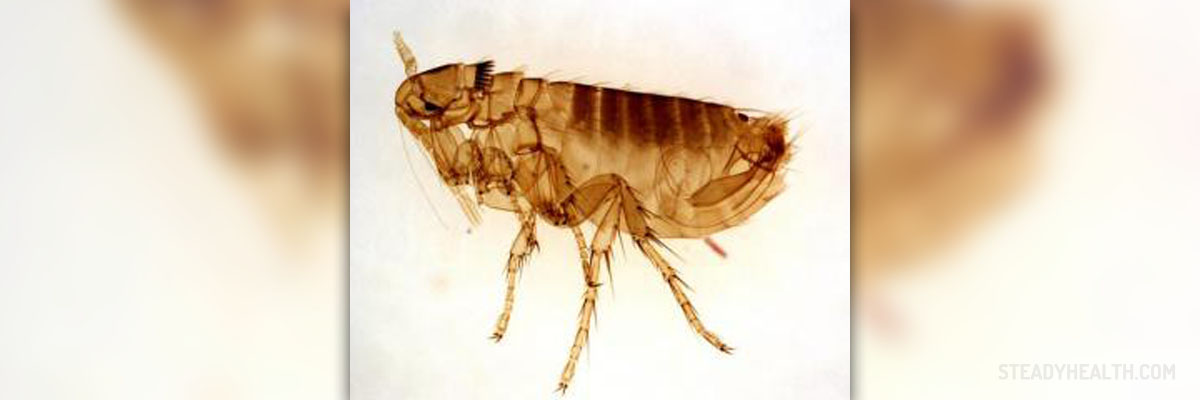
Introduction to Sand Fleas
Sand fleas are very small and that is why they are very hard to spot when a person is chilling out on the beach. They are only one-eighth of an inch in length.
They are brownish in color and will bite a person unsuspectingly in sandy areas. They are also known as sand flies, beach fleas, and punkies. There will probably be many sand fleas at beaches that have a lot of seaweed. This is because seaweed, organic and decaying plants are what the sand fleas mostly eat. This is also where they tend to live as well.
Symptoms
Even though the bites of a sand flea are benign, they can be very painful and uncomfortable for people. The bites will usually not be seen or noticed until the symptoms begin to show up.
The fleas bite in a similar way that mosquitoes do, sucking blood from a person. When the flea bites, it also injects its saliva in the blood, which makes it easier for them to suck the blood by thinning it out a bit. The blood is used by the fleas as a source of protein for laying eggs.
When the saliva is injected into the blood, the human immune system reacts.
This response by the immune system is what causes the itchy welts and rashes on the skin, which are the main symptoms of a sand flea bite. These welts and rashes will be on the skin for several days before they calm down and go away. Some other symptoms that accompany the welts sometimes also include a fever, flushed face, chills and aching muscles and joints.
There can also be swelling, shivering and bloodshot eyes as well.
Treatment
It is a good idea to take nonsteroidal anti-inflammatory and analgesic medicine like ibuprofen in order to relieve the pain and reduce the swelling that is occurring in response to the bite. There are oral antihistamines that can be taken to give some comfort for the itching as well.
One percent Hydrocortisone cream is also good for getting rid of the redness and inflammation when applied topically.
If children are bitten, it is best to avoid these medications and to use some natural remedies instead. Try rubbing some fresh garlic cloves on the bitten area to relieve the pain and itching. This method will not have any side effects, which are possible when taking some types of medications. Calamine is also another good natural remedy, just as it gives relief from mosquito bites as well.


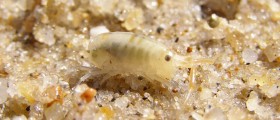
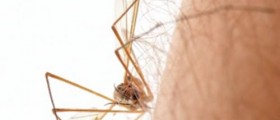

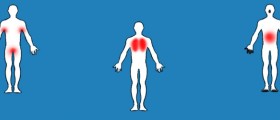
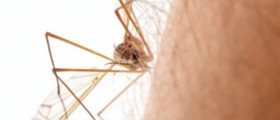


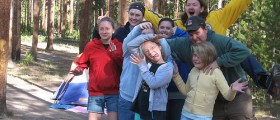
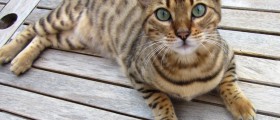
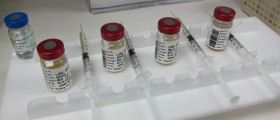
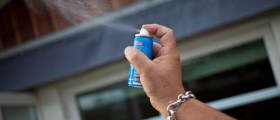
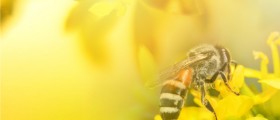

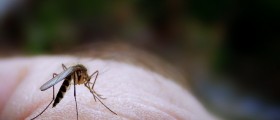
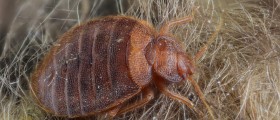
Your thoughts on this
Loading...